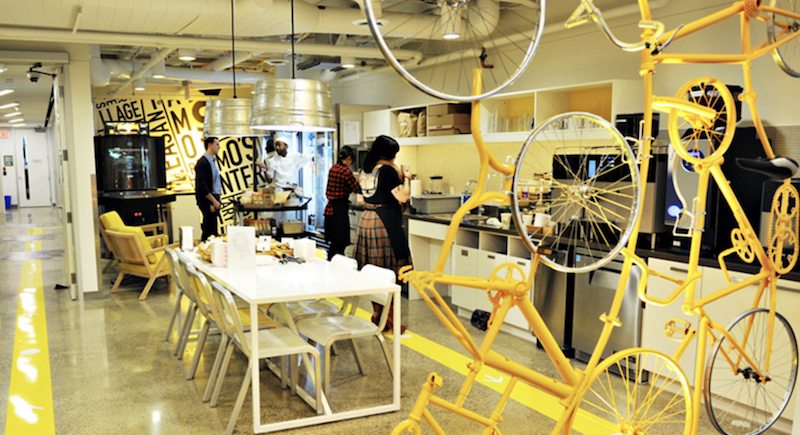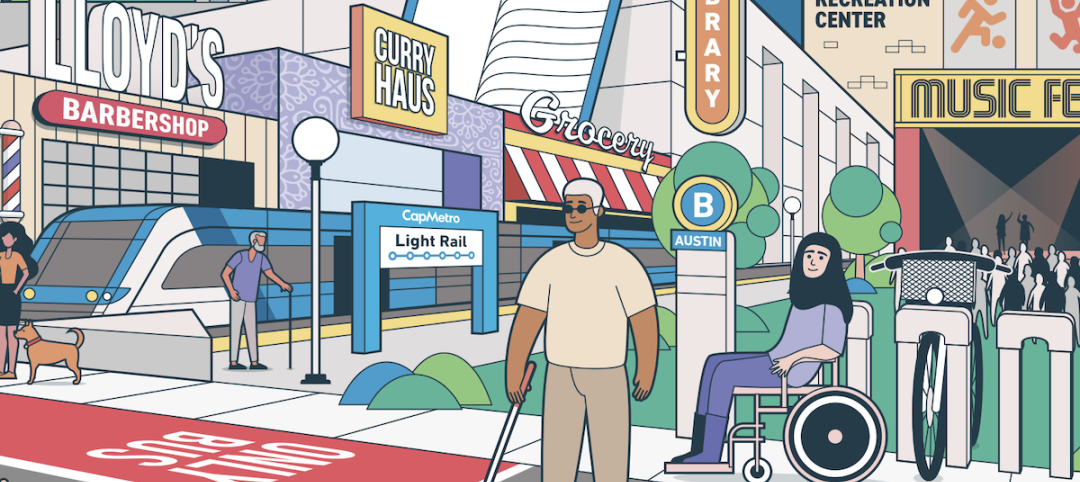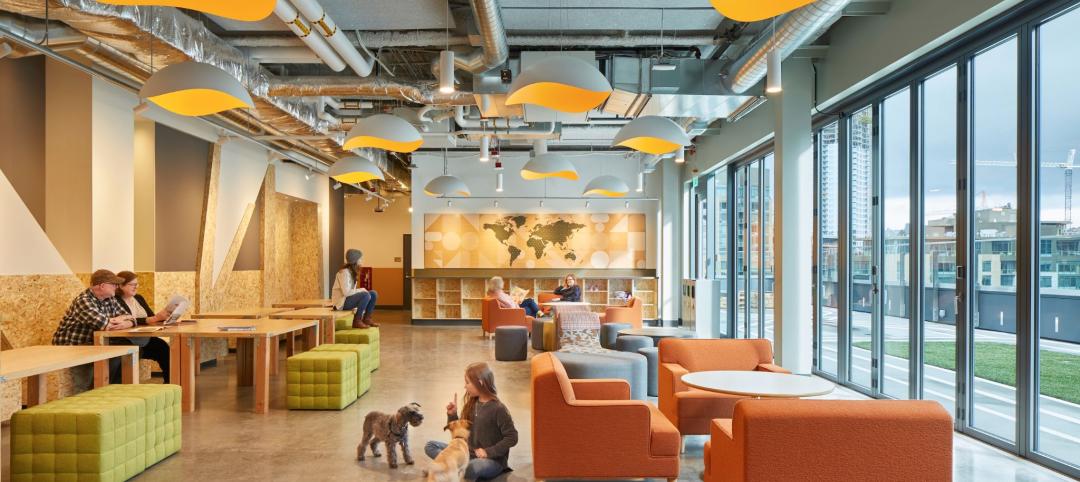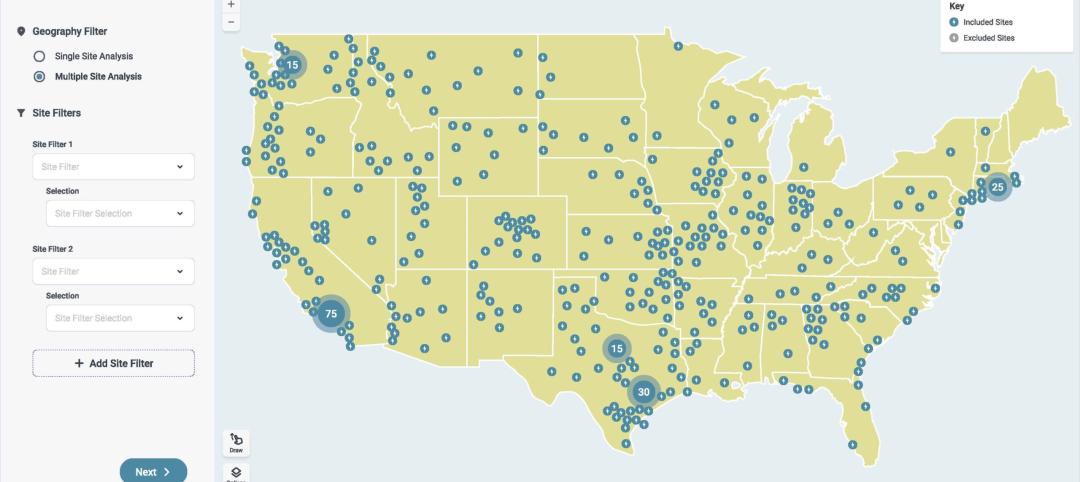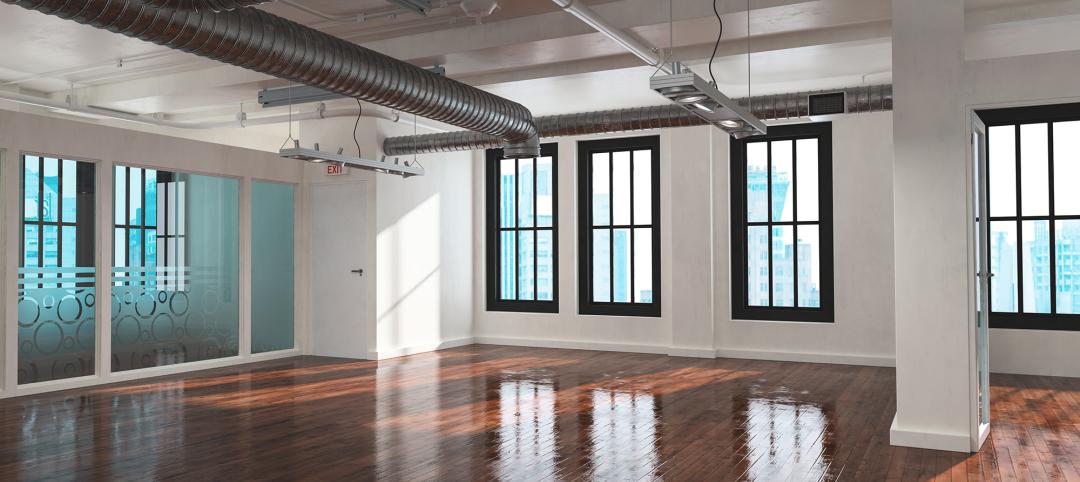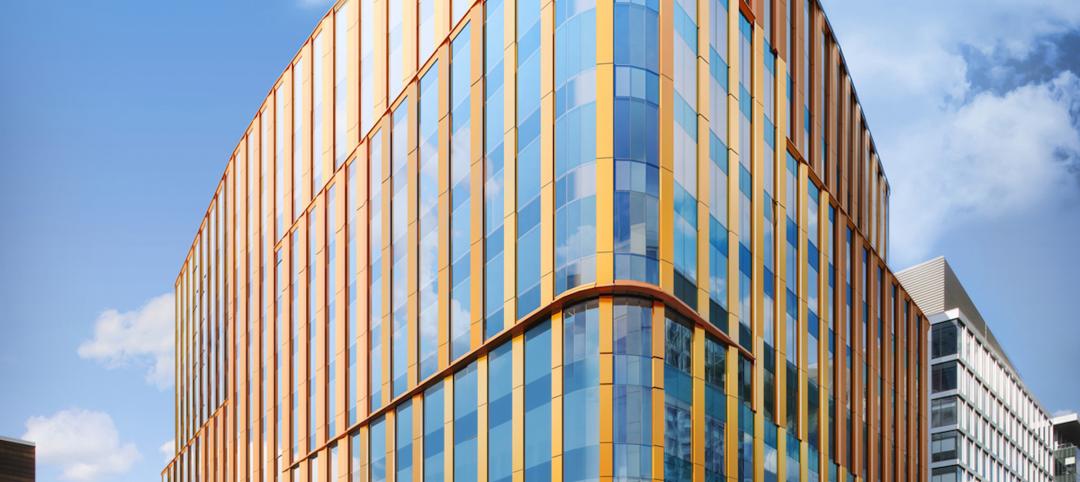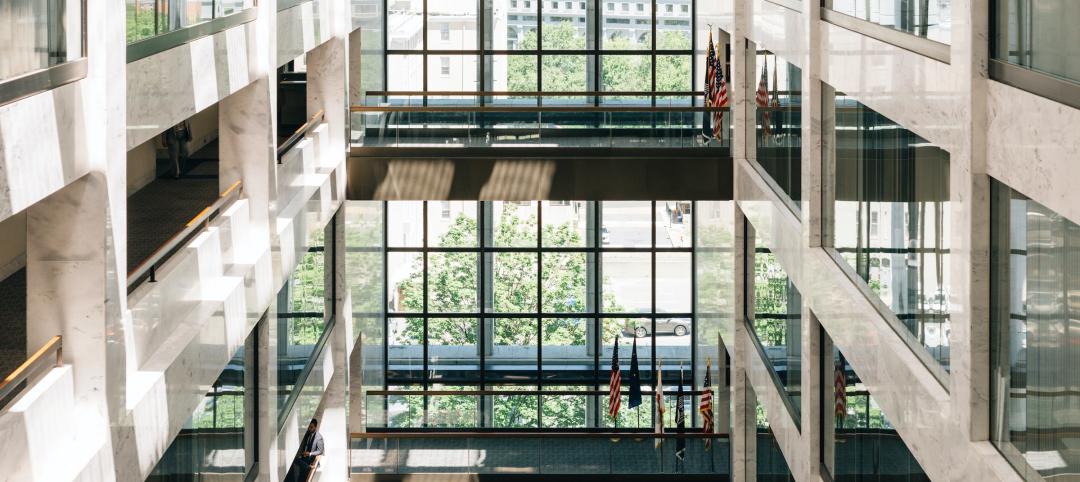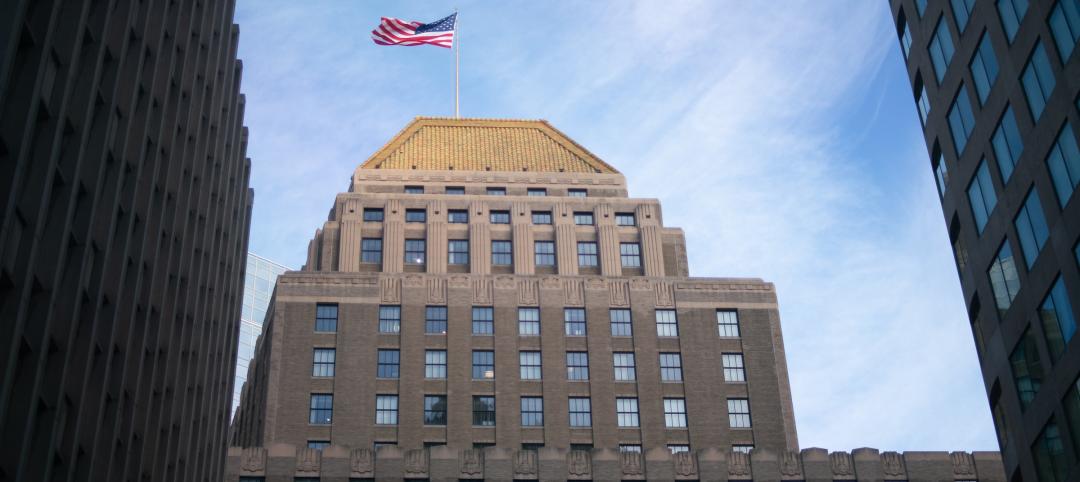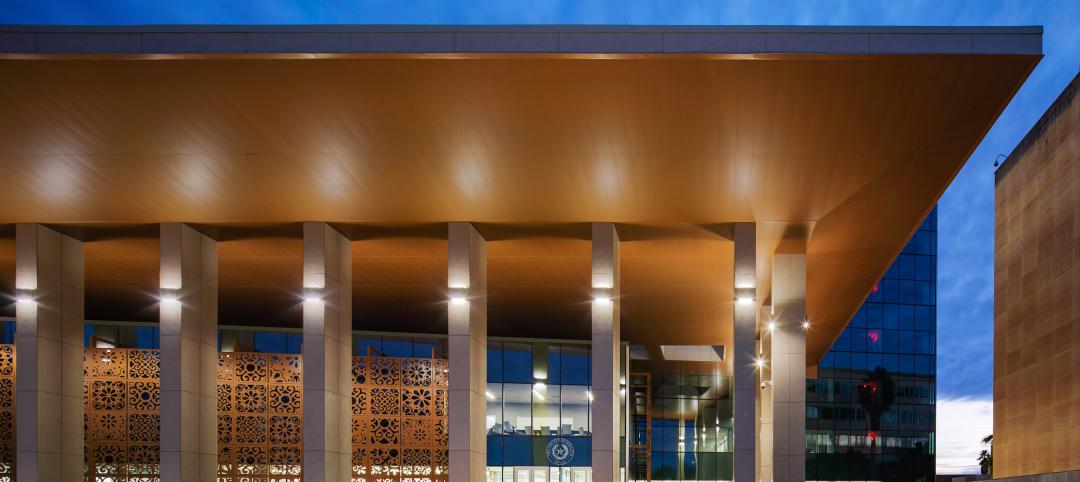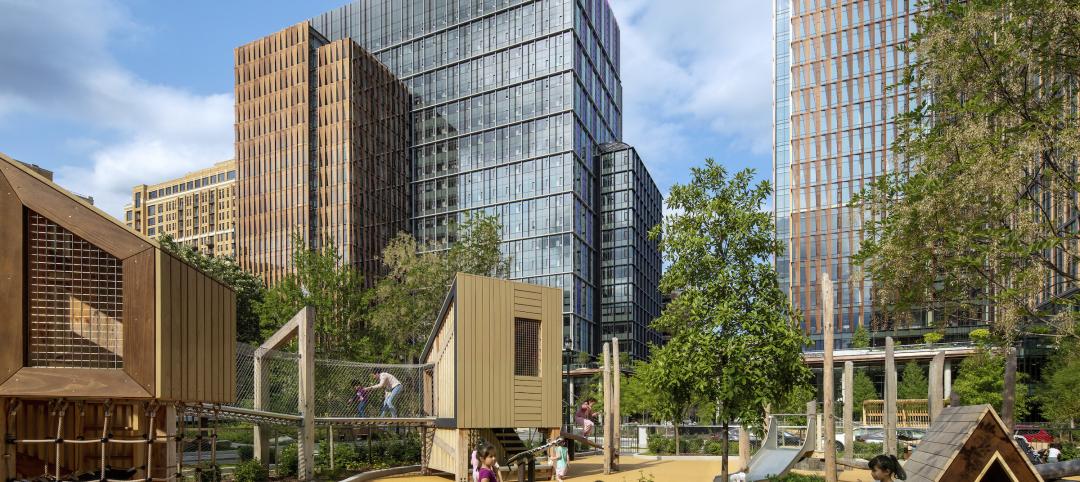Perkins Eastman has released a highly annotated study that suggests that employees are more likely to be open to discovery when their workplaces are infused with a state of play, which the study’s authors define as engaging in activities for the pure enjoyment of the process.
“The right kind of play has an essential role in producing innovation,” the authors state. They elaborate that a sense of being removed from external pressures “leaves us open to different perspectives and experiences.” The authors also see play as an effective social connector, “helping to form trusting relationships or to open up lines of communication.”
The study cites numerous books and papers that examine this topic. One of its touchstone is the Hungarian-American psychologist Mihaly Csikszentmihalyi’s book Creativity: Flow and the Psychology of Discovery and Invention, which provides examples of innovations in art and science that burbled to the surface as a result of specifically not focusing on work. Ransom Stephens, the author of A Look at the Neuroscience of Innovation & Creativity in Art, Science & Life, calls this phenomenon “defocusing into insight.”
This “Google-ization” of the office, where play and work mingle, only leads to discovery, says Perkins Eastman, when play is “serious.” Its study quotes Bruce Nussbaum, a professor of design at Parsons The New School of Design, who wrote: “In serious play there are rules, there is competition, there are winners and losers. Above all, there is learning, the kind of learning that allows you to navigate unknown areas, make unusual connections, and achieve new goals in unforeseen ways.”
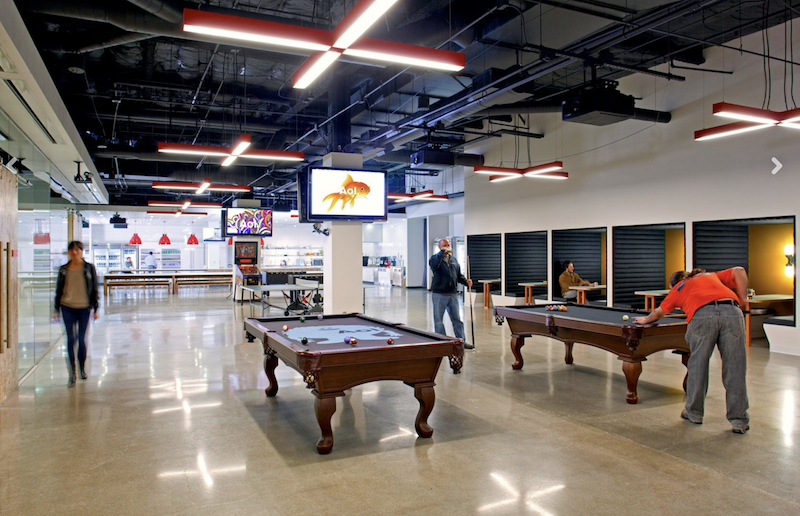
AOL was an early adopter of the concept of playful workplaces. When it relocated to its 80,000-sf headquarters Palo Alto, Calif., in 2011, it hired Studio A+O, to refresh and create a more relaxed office environment. Image: Jasper Sanidad/AOL
The study offers several instances where the built environment has increased creative output. It singles out IDEO, the global design and innovation consultant, whose longtime partner Tom Kelley credits his company’s success to a culture of playfulness and collaboration.
IDEO’s offices don’t feel like typical office spaces, Perkins Eastman notes: “Wide-open floor plans provide a flexible backdrop for communal tables and various types of meeting areas. Displays of Post-it-covered walls, outlandish prototyping experiments, and bicycles suspended from the ceiling send the collective message to employees that here, anything goes.”
Kelley describes each IDEO office as a collection of “neighborhoods,” where people are grouped together on a project-by-project basis, as opposed to their skill set or expertise.
To inform its suggested design solutions, Perkins Eastman turns to a recent paper, “Elements of a Successful Playspace: Enhancing Physical, Cognitive and Social Experience,” written by the nonprofit Project for Public Spaces, which considers three overarching concepts for a successful play environment: physical, social, and cognitive.
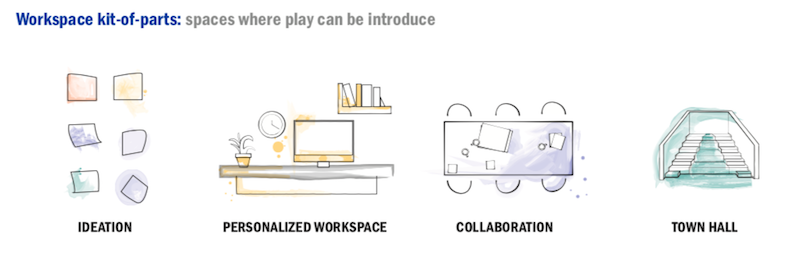
Perkins Eastman sees plenty of opportunities where play can be a part of the workplace. Image: Perkins Eastman
For companies that want to promote creativity and innovation through play, Perkins Eastman recommends:
Personalization — Giving employees the freedom to personalize their workspaces can be an effective strategy.
Access + Linkages — Collaboration can increase the
rate at which new ideas are generated and played out—an important competitive advantage when it comes to innovation. Bringing people together can raise the level of enthusiasm surrounding new ideas, as well as increase the chances of follow-through.
Variety + Choice — It notes that IDEO’s Kelley emphasizes that hierarchy is the enemy of playful and productive work environments. A company culture that communicates that everyone’s ideas are important is a fertile environment for innovation. It is for this reason that IDEO has strived from its beginning to maintain a flattened corporate structure. IDEO employees are categorized by four “levels of impact” based on their skills and responsibilities.
Related Stories
Transit Facilities | Dec 4, 2023
6 guideposts for cities to create equitable transit-oriented developments
Austin, Texas, has developed an ETOD Policy Toolkit Study to make transit-oriented developments more equitable for current and future residents and businesses.
Office Buildings | Dec 1, 2023
Amazon office building doubles as emergency housing for Seattle families
The unusual location for services of this kind serves over 300 people per day. Mary's Place spreads across eight of the office's floors—all designed by Graphite—testing the status quo for its experimental approach to homelessness support.
Engineers | Nov 27, 2023
Kimley-Horn eliminates the guesswork of electric vehicle charger site selection
Private businesses and governments can now choose their new electric vehicle (EV) charger locations with data-driven precision. Kimley-Horn, the national engineering, planning, and design consulting firm, today launched TREDLite EV, a cloud-based tool that helps organizations develop and optimize their EV charger deployment strategies based on the organization’s unique priorities.
Market Data | Nov 27, 2023
Number of employees returning to the office varies significantly by city
While the return-to-the-office trend is felt across the country, the percentage of employees moving back to their offices varies significantly according to geography, according to Eptura’s Q3 Workplace Index.
Office Buildings | Nov 10, 2023
3 important early considerations for office-to-residential conversions
Scott Campagna, PE, Senior Director of Housing, IMEG Corp, shares insights from experts on office-to-residential conversion issues that may be mitigated when dealt with early.
Laboratories | Nov 8, 2023
Boston’s FORUM building to support cutting-edge life sciences research and development
Global real estate companies Lendlease and Ivanhoé Cambridge recently announced the topping-out of FORUM, a nine-story, 350,000-sf life science building in Boston. Located in Boston Landing, a 15-acre mixed-use community, the $545 million project will achieve operational net zero carbon upon completion in 2024.
Giants 400 | Nov 6, 2023
Top 100 Government Building Construction Firms for 2023
Hensel Phelps, Turner Construction, Clark Group, Fluor, and BL Harbert top BD+C's rankings of the nation's largest government building sector general contractors and construction management (CM) firms for 2023, as reported in the 2023 Giants 400 Report. Note: This ranking includes revenue from all government building sectors, including federal, state, local, military, and Veterans Affairs (VA) buildings.
Giants 400 | Nov 6, 2023
Top 90 Government Building Engineering Firms for 2023
Fluor, Jacobs, AECOM, WSP, and Burns & McDonnell head BD+C's rankings of the nation's largest government building sector engineering and engineering architecture (EA) firms for 2023, as reported in the 2023 Giants 400 Report. Note: This ranking includes revenue from all government building sectors, including federal, state, local, military, and Veterans Affairs (VA) buildings.
Giants 400 | Nov 6, 2023
Top 170 Government Building Architecture Firms for 2023
Page Southerland Page, Gensler, Stantec, HOK, and Skidmore, Owings & Merrill top BD+C's ranking of the nation's largest government building sector architecture and architecture engineering (AE) firms for 2023, as reported in the 2023 Giants 400 Report. Note: This ranking includes revenue from all government building sectors, including federal, state, local, military, and Veterans Affairs (VA) buildings.
Office Buildings | Nov 2, 2023
Amazon’s second headquarters completes its first buildings: a pair of 22-story towers
Amazon has completed construction of the first two buildings of its second headquarters, located in Arlington, Va. The all-electric structures, featuring low carbon concrete and mass timber, help further the company’s commitment to achieving net zero carbon emissions by 2040 and 100% renewable energy consumption by 2030. Designed by ZGF Architects, the two 22-story buildings are on track to become the largest LEED v4 Platinum buildings in the U.S.


